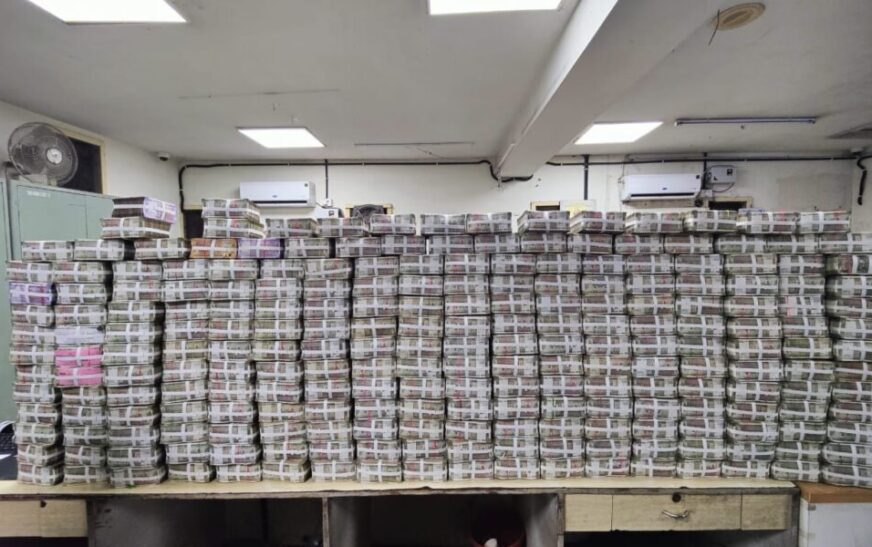The Indian government has initiated a series of actions to combat the rising parcel scam, urging citizens to report suspicious calls on the cyber crime website. This move comes as part of a broader effort to protect citizens from a growing cyber threat that has seen many individuals lose substantial amounts of money.
Indian Government Initiates Actions to Tackle Growing Parcel Scam
In collaboration with the Indian Cyber Crime Coordination Centre (I4C) and the Department of Telecom (DoT), the government is working to block spoof calls originating from outside India. These fraudulent calls often impersonate officials from the Narcotics Control Bureau (NCB), Central Bureau of Investigation (CBI), and other law enforcement agencies. Additionally, I4C is partnering with Microsoft to prevent the misuse of official logos, a tactic scammers frequently use to lend credibility to their fraudulent claims.
The Scale of the Scam
Rajesh Kumar, CEO of I4C, highlighted the severity of the situation: “Many cases have come to light where the caller, claiming to be from law enforcement agencies, asserts a digital arrest and extorts money. Victims are contacted via normal calls from Indian numbers, with call spoofing used to pose as personnel from agencies like the CBI, RBI, NIA, or banks. Thousands of Skype IDs have been created impersonating Indian agencies. I4C has proactively reported 1,500 Skype IDs to Microsoft.”
Modus Operandi of the Scammers
The scam typically starts with a call to the victim from what appears to be an Indian number. Scammers use social media platforms like WhatsApp or direct calls to reach victims. Employing call spoofing technology, they disguise their identity and pose as officials from various enforcement agencies. Victims are then falsely informed that a parcel in their name contains illegal items or that a relative is in custody.
Once the victim is sufficiently threatened, scammers demand money to resolve the fabricated case. They use various channels for extortion, including international fund transfers, physical gold, cryptocurrency, and ATM withdrawals. Some victims are even subjected to a “digital arrest,” where they must remain on video calls with the scammers until payment is made.
Government’s Response and Public Advisory
The Ministry of Home Affairs (MHA) has noted that these scams often involve well-organized crime syndicates operating from abroad. These syndicates go to great lengths to appear legitimate, using setups designed to look like police stations and government offices, complete with uniforms.
In response, the government urges citizens to remain vigilant and report any suspicious calls or messages. “Citizens should report fraudulent phone numbers, WhatsApp identities, or URLs on the cybercrime website under the ‘suspect data’ section. Additionally, phone numbers can be verified on the website from the ‘suspect repository data’,” Kumar emphasized, highlighting the importance of public awareness.
How to Stay Safe from Online Scams
The MHA has issued an advisory outlining steps to protect against such scams:
- Verify Calls: Always verify the caller’s identity before taking any action. Do not trust calls that demand immediate payment or sensitive information.
- Report Suspicious Activity: Use the cybercrime website to report any suspicious calls, messages, or identities. This helps authorities track and shut down fraudulent operations.
- Avoid Sharing Personal Information: Do not share personal or financial information over the phone unless you are certain of the caller’s identity.
- Stay Informed: Keep up-to-date with advisories issued by the government regarding new scam tactics and preventive measures.
By taking these steps, citizens can help protect themselves and assist authorities in cracking down on these fraudulent activities.











